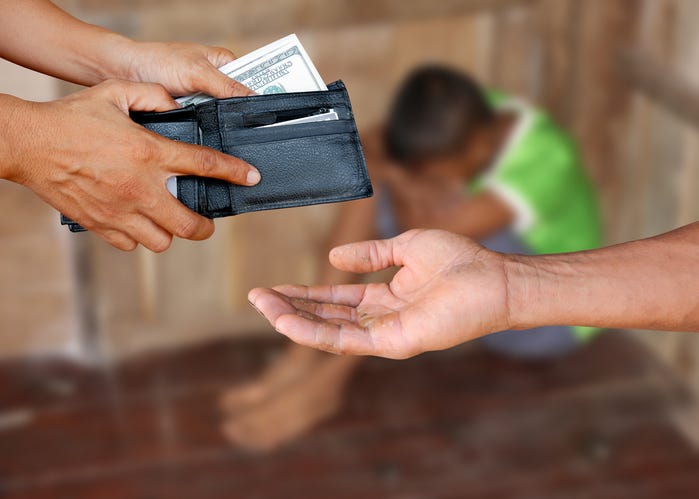
January is National Human Trafficking Prevention Month. And state officials say human trafficking continues to be a big problem in Minnesota.
According to the Bureau of Criminal Apprehension (BCA), more than ten thousand ads posted online, are selling victims for sex.
"In the past ten years, what we've seen is probably no shock to anybody, but huge increase of use of the Internet," says Executive Director of "The Link", Beth Holger. Holger says she has been working with victims and survivors of human trafficking since 1999. "Different chat rooms, different Internet sites," she continues. "It doesn't really matter if one shuts down, another one starts up. It's hard to keep track. The internet, in the last ten years is a huge way for youth and traffickers to basically advertise themselves and make connections with with buyers."
Superintendent of the BCA Drew Evans agrees.
"There was a lot of work that was put into bringing down some of the sites that were being used. Unfortunately, we see others pop up just as quickly as those that come down."
Evans says social media also adds to the complexity of protecting victims and catching human traffickers.
"A trafficker manipulates their targeted victim to lure them into sexual acts, primarily on social media. When a trafficker is trying to groom you, it happens in a series of stages. They identify your vulnerabilities. They gain your trust. They develop a bond with you. They meet your needs, whether it's for shelter, food, or affection. They isolate you from your family and friends. Then, they sexualize your relationship, and control you through threats or force."
Regardless of the challenges, Evans says investigators in the Minnesota Human Trafficking Task Force will remain vigilant.
"Online, that's where we conduct our work. That's what these teams are there to do. When people try to identify another site, we will continue to identify those sites and seek out those that are trafficking individuals."
Human Trafficking During the Pandemic
Since the onset of the pandemic, human trafficking has only worsened.
Calling it concerning, BCA Superintendent Evans says, "Our number of tips and our child exploitation, for example, has almost tripled in three years."
"The social supports that are so critical to our children, good schools, social programs, has been impacted by the pandemic. Those programs have to be there, to support (young people)."
While organizations like The Link are helping youth who have been sexually exploited, Holger says you can help too.
She says the first step is being aware of the problem.
"People in Minnesota like to think that sex trafficking doesn't happen here. (They think) it's something that only happens in foreign countries, or in movies, or on some of the TV shows, and that's just not true."

According to the BCA, sex trafficking can happen to any family. Victims come from every racial, economic, and educational background. Victims also come from the suburbs, the city or rural areas.
Holger also suggests contacting her organization if you suspect someone of being sex trafficked.
For more resources click here.

